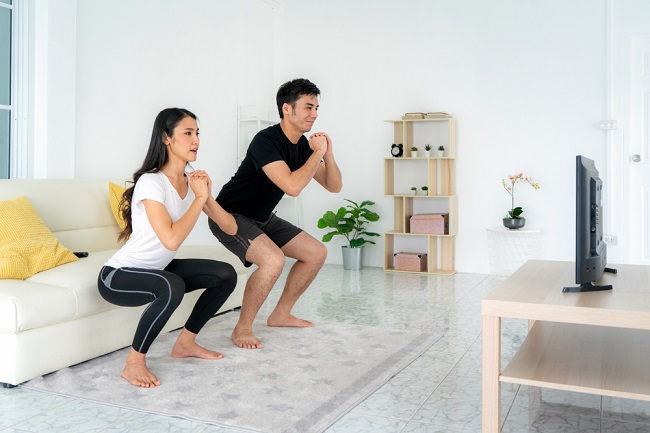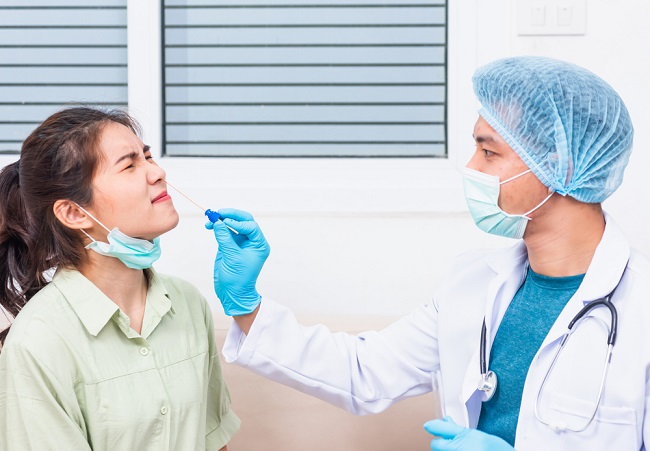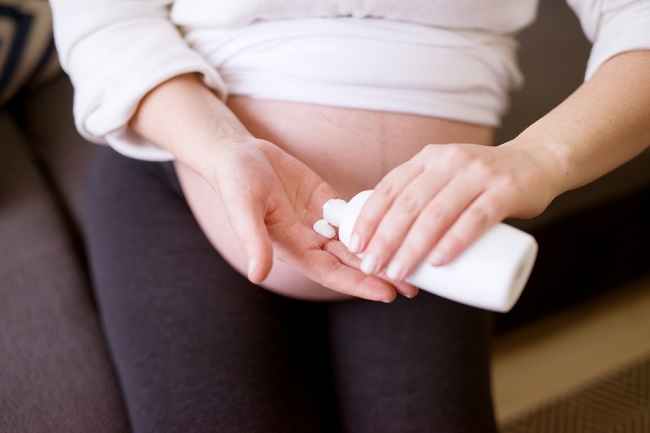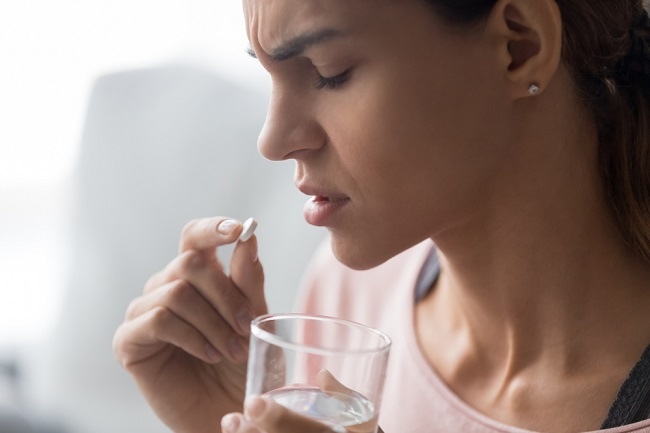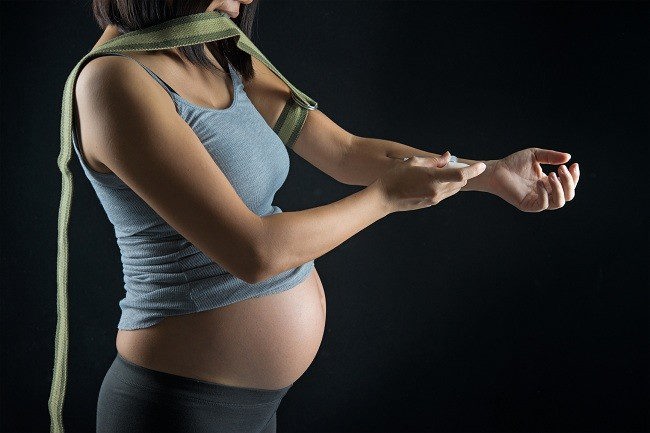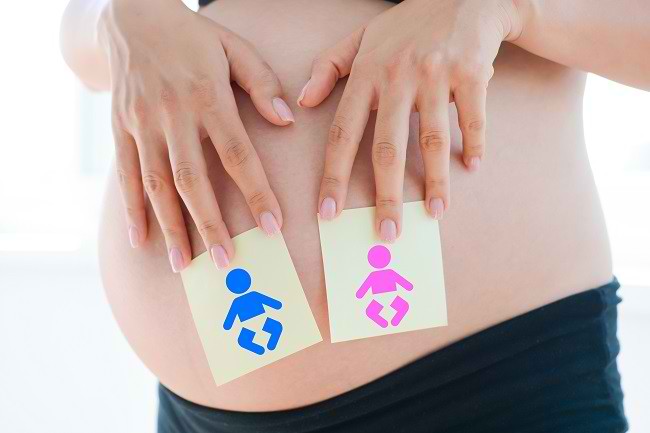The difference between sadness and depression can be recognized by the severity of the symptoms that appear and how long the symptoms last. In addition, the difference between sadness and depression is also in their impact on a person's quality of life.
Some people think depression and sadness are the same thing. In fact, there are a number of very basic differences between sadness and depression.

Feelings of sadness appear as a normal reaction when someone experiences excessive stress, for example when a relative or family member dies, has recently been divorced, or has just been laid off from his job. After the difficult period is over, usually the feeling of sadness will go away by itself.
In contrast to sadness, depression lasts in the long term. This condition is a serious mental disorder that can threaten psychological and physical health. If depression is not treated, it is very unlikely to go away on its own.
Difference Between Sadness and Depression from Various Aspects
The following are some of the differences between sadness and depression that you need to know:
1. Different trigger factors
The difference between sadness and depression also lies in the presence or absence of triggers. Sadness is usually triggered by life difficulties, heartache, or unpleasant events, such as the death of a loved one or divorce. In other words, we tend to feel sad because of an obvious precipitating event or factor.
While depression does not always appear when a difficult event or situation occurs. Depression often even occurs without a clear trigger factor. People who are depressed tend to feel sad or empty all the time, even though nothing particular has happened to them.
2. Impact on quality of life
Feelings of sadness are usually temporary and will disappear over time when difficult events are passed or just doing fun things. While depression can affect a person's thoughts, emotions, perceptions, and behavior permanently.
Unlike sadness, depression does not go away on its own and requires medical treatment to treat its symptoms.
People who are depressed will feel less energized, unmotivated, and empty. These feelings can be severe enough to interfere with daily activities, social relationships, and productivity.
3. Symptoms of depression are more severe than just feeling sad
When sad, a person tends to express it by crying or being alone for a while until the feeling of sadness disappears. In contrast to ordinary feelings of sadness, symptoms of depression can be felt continuously and prolonged.
Not only feelings of sadness, depression also has other accompanying symptoms, such as:
- Feeling sad, anxious and empty all the time.
- Feeling worthless and burdened with guilt or deep remorse.
- Loss of interest in everything, including activities or hobbies that were previously of interest.
- Easily angered and irritated.
- Don't want to leave the house or take care of yourself.
- Insomnia or sleeping too much.
- Decreased appetite or vice versa, appetite continues to increase.
- Significant weight change.
- Always feel tired and lost energy.
- Difficulty concentrating, thinking, and making decisions.
- Absence or reduced sexual desire.
- Ideas for self-harm or attempted suicide occur.
A person can be called suffering from depression if he has some of the above symptoms and these symptoms persist for 2 weeks or more.
Don't even think about surviving, let alone waiting for the symptoms to pass. Immediately consult a doctor to get the right treatment if you or your acquaintances show these symptoms of depression.
4. Treatment of depression and sadness is different
When life gets tough and feelings of sadness hit you, there are several things you can do to help ease those feelings. There are different ways to deal with sadness, including:
- Pamper yourself by doing beauty treatments at a beauty salon or spa, eating delicious foods you like, watching movies or comedy series, to going on vacation or sightseeing for a few days.
- Regular exercise and adequate rest.
- Meditate or take a warm bath before bed, if feeling sad makes it difficult to sleep.
- Share or spending time with family and friends, or playing with pets.
The methods above can also help someone who is depressed feel better. But generally, depression will not subside without treatment. People who are depressed need special care from a psychiatrist, in the form of counseling, psychotherapy, and administration of antidepressant drugs.
Depression and sadness are two things that are related, but they are not the same. Sadness is part of depression, but this feeling of sadness is generally temporary. While depression is a disease that will not improve if not treated.
